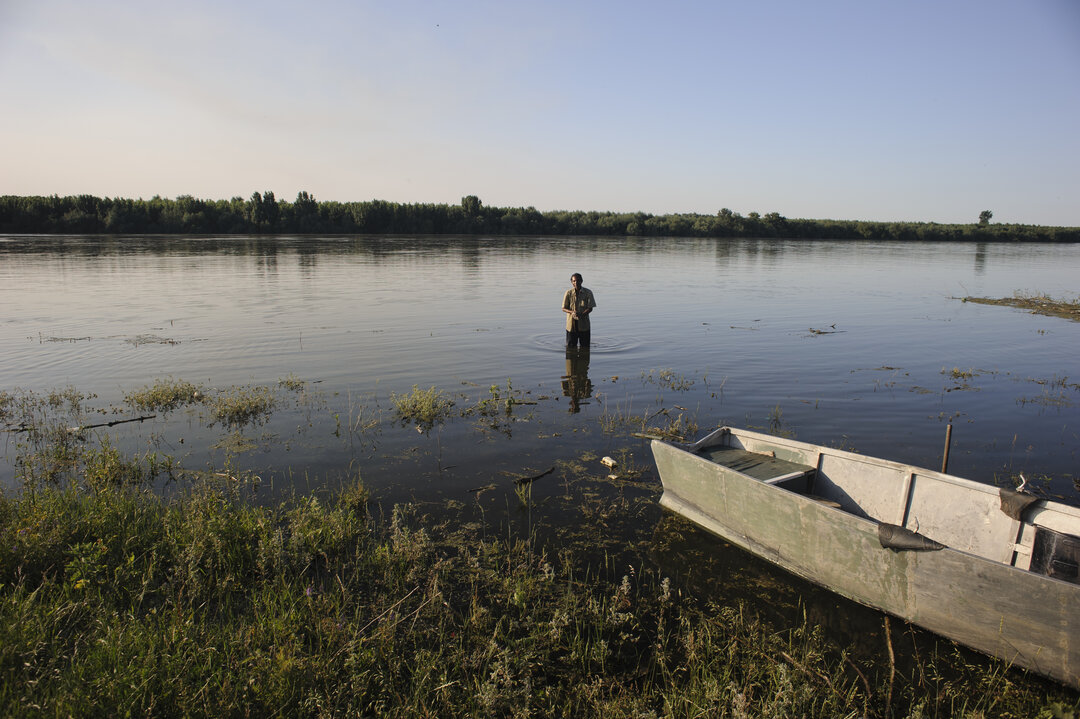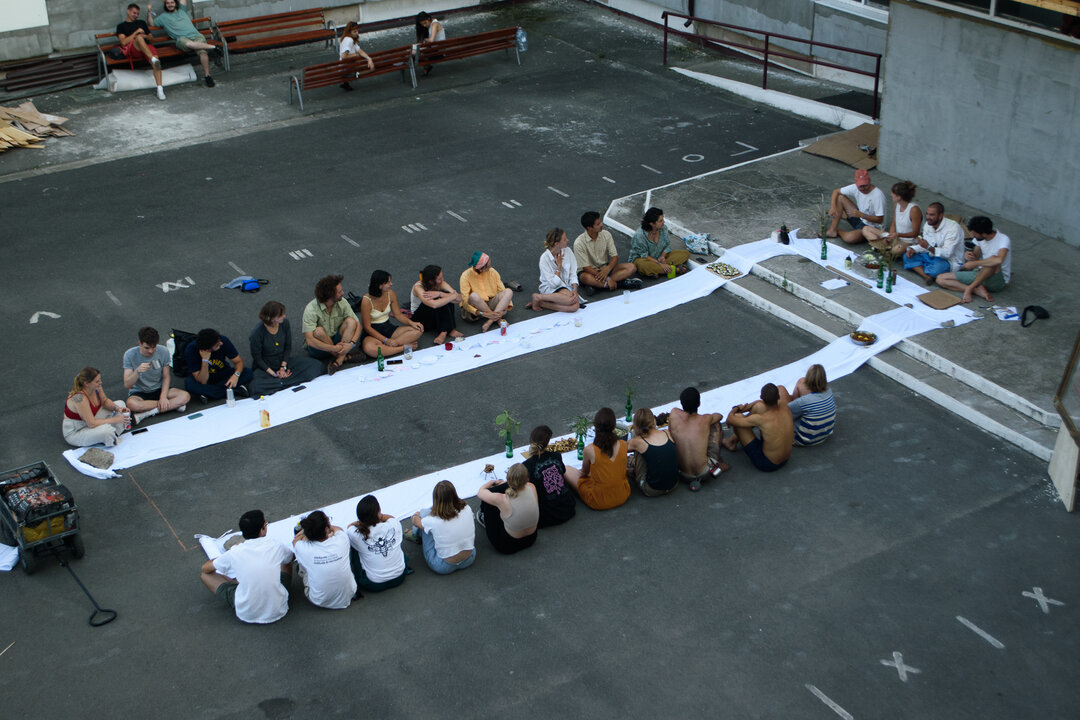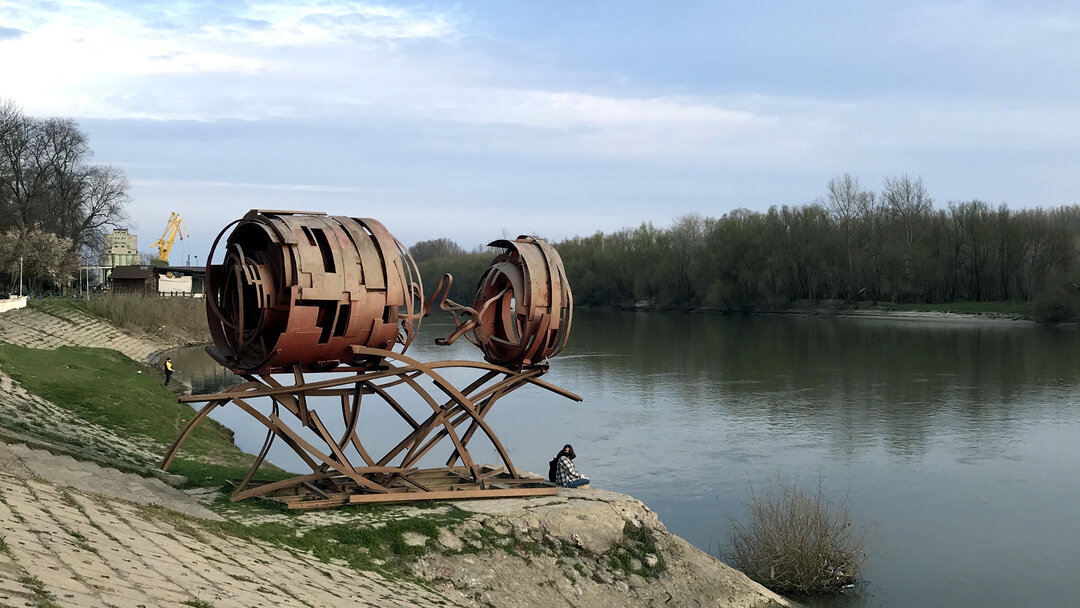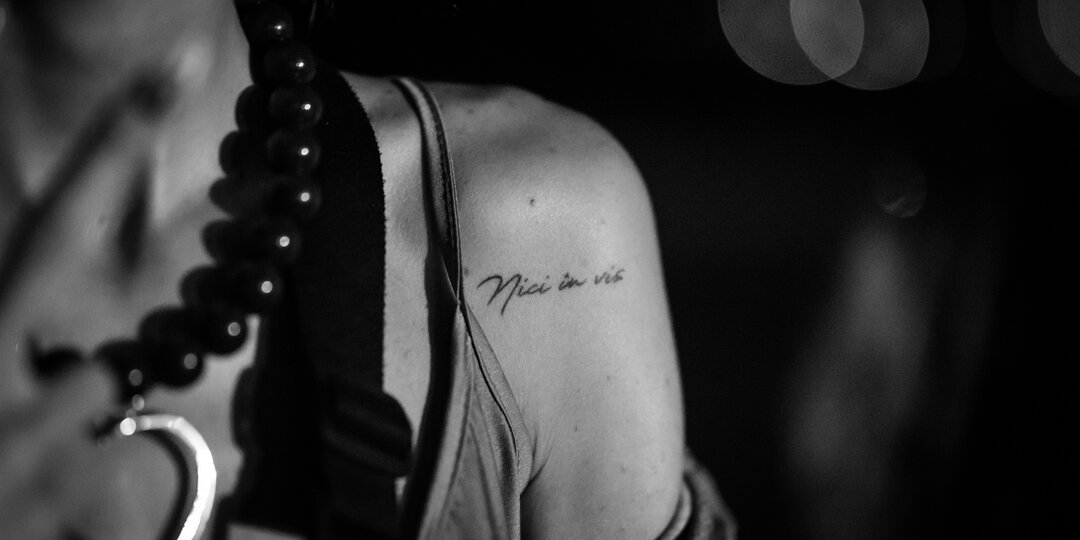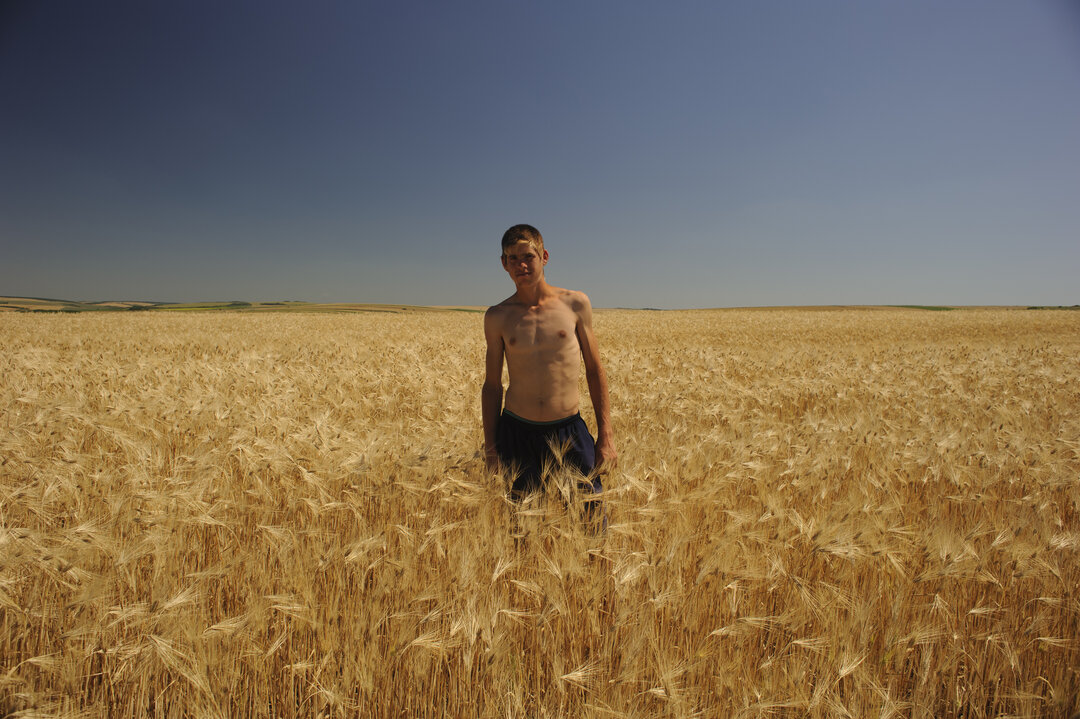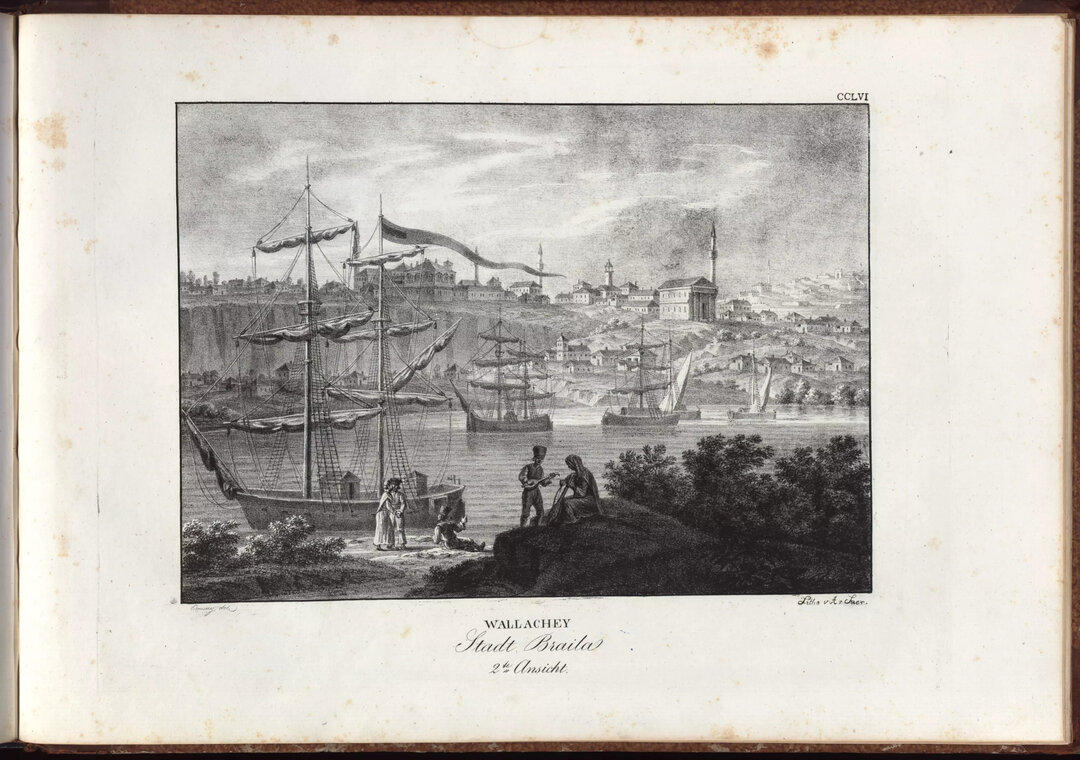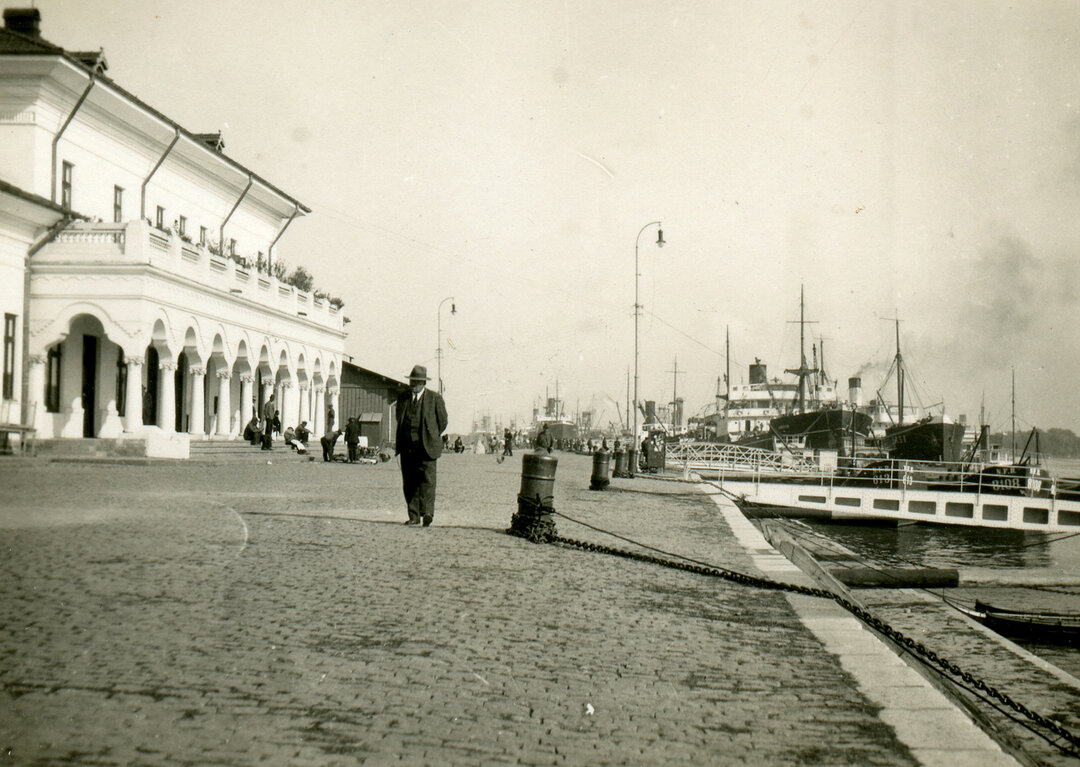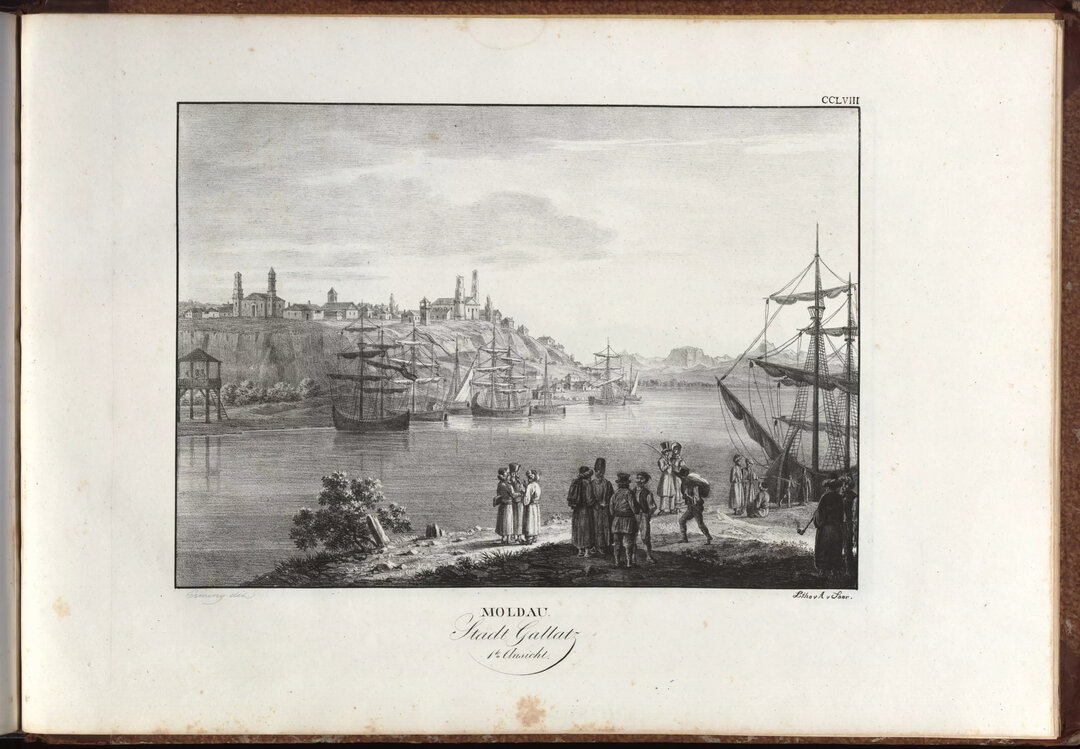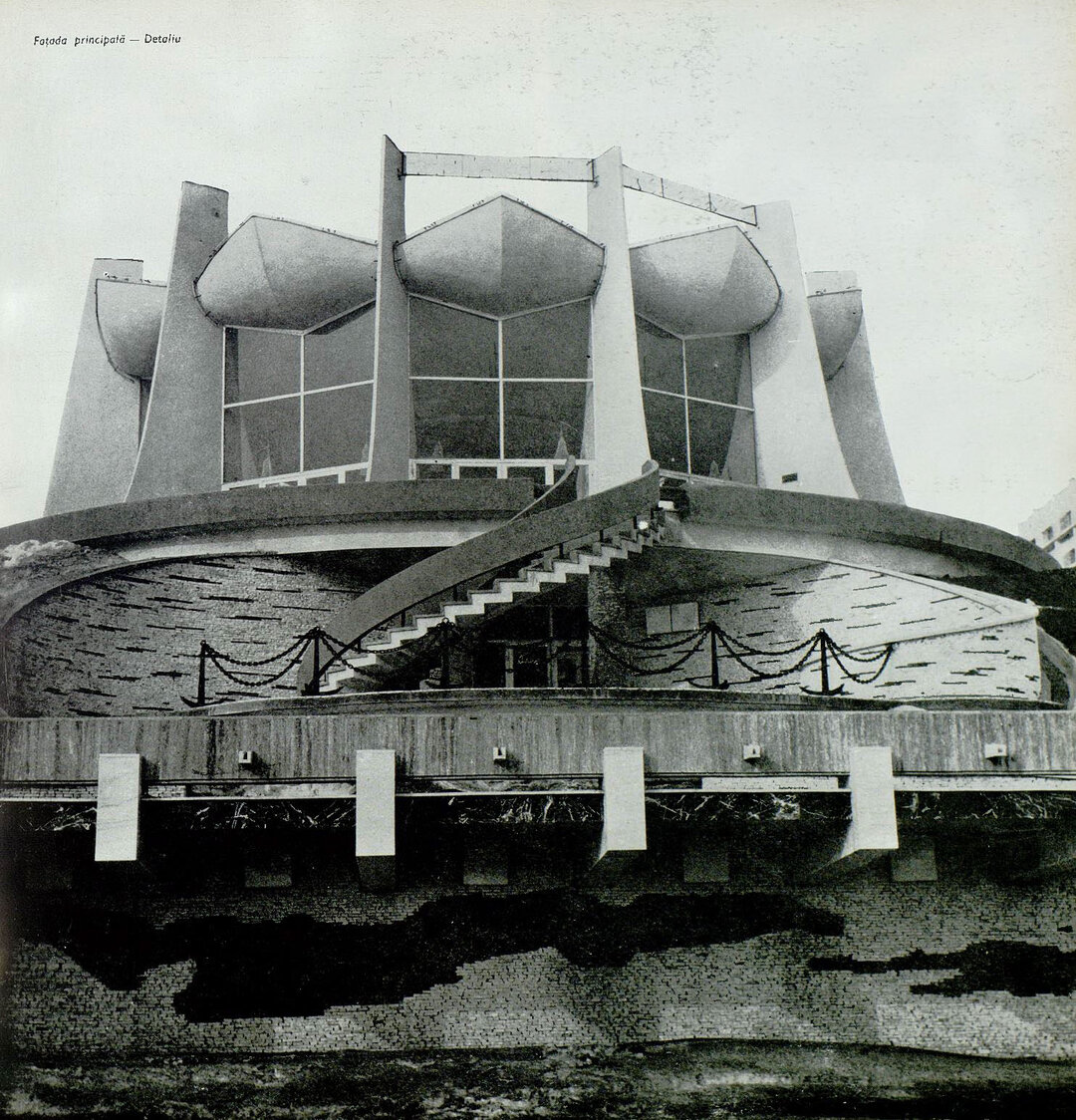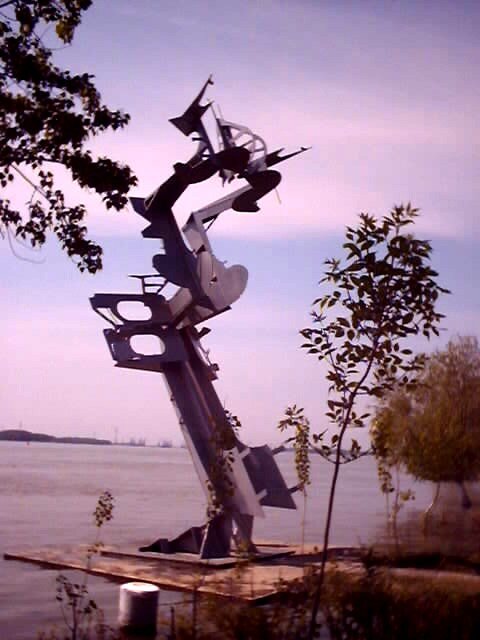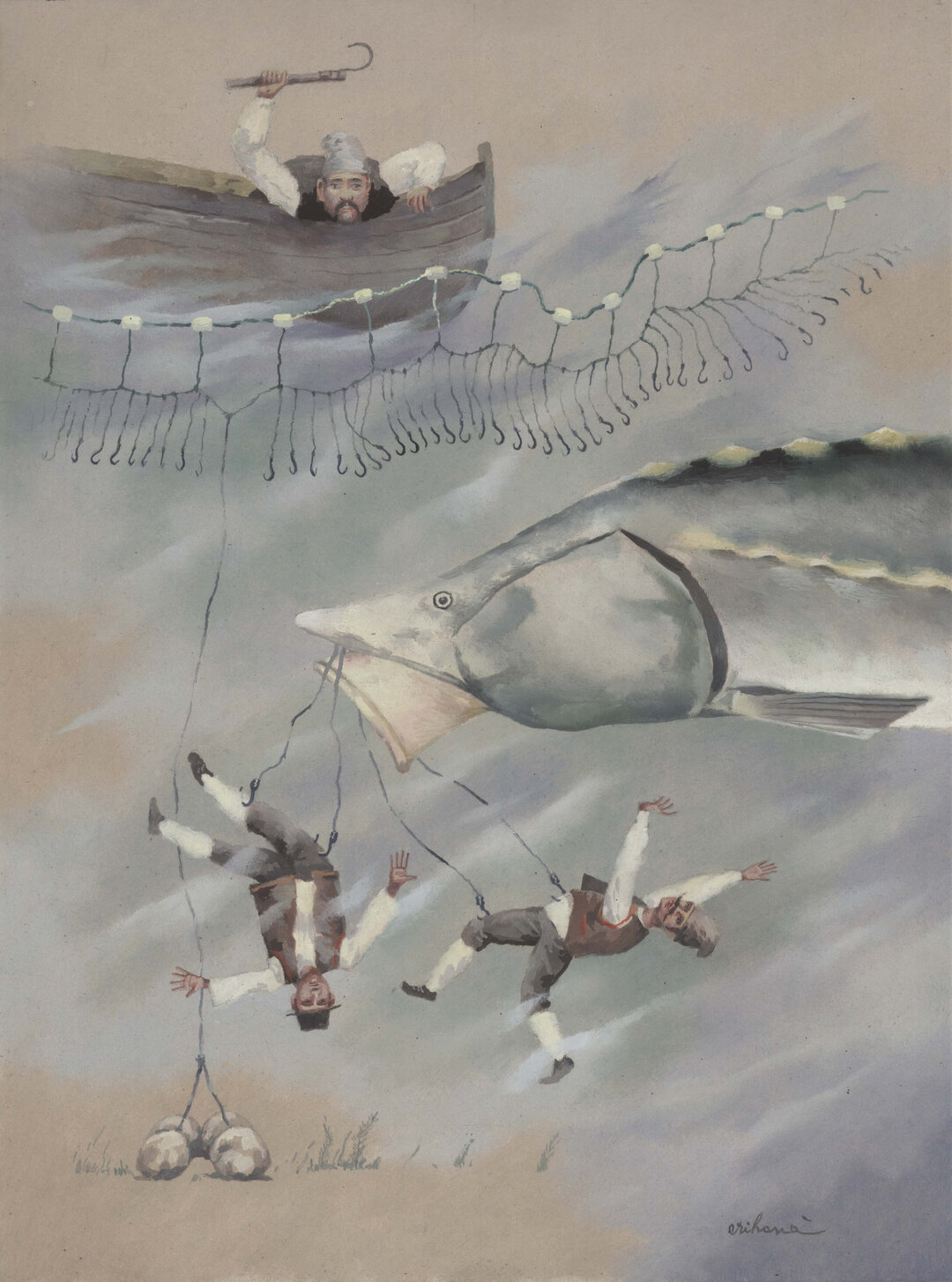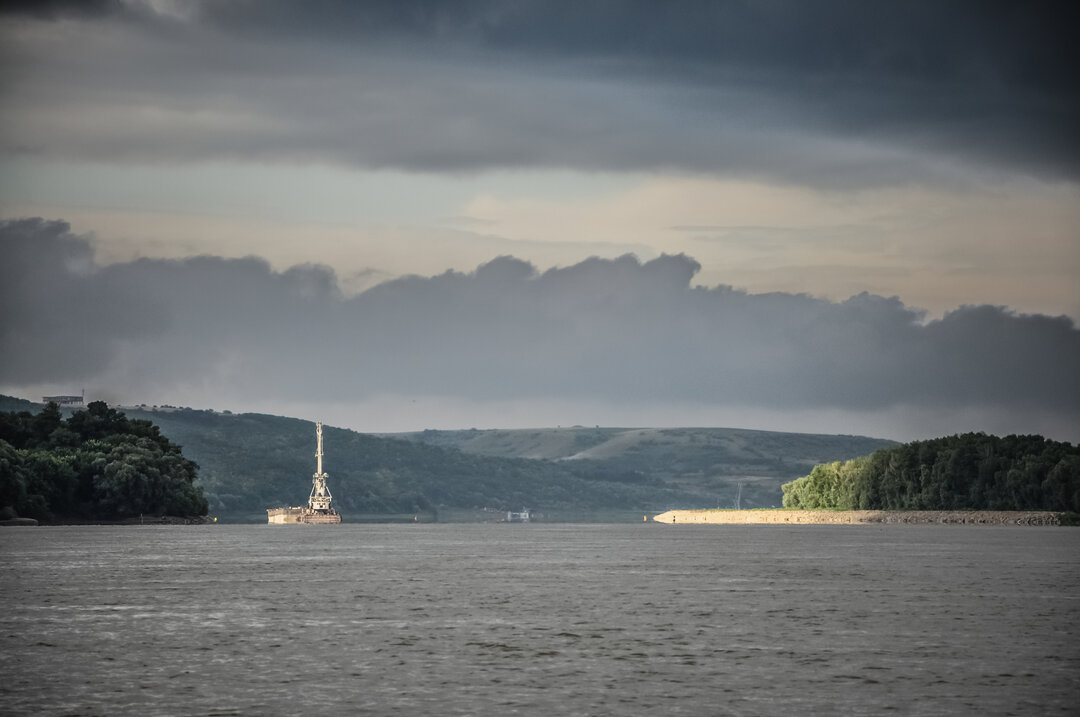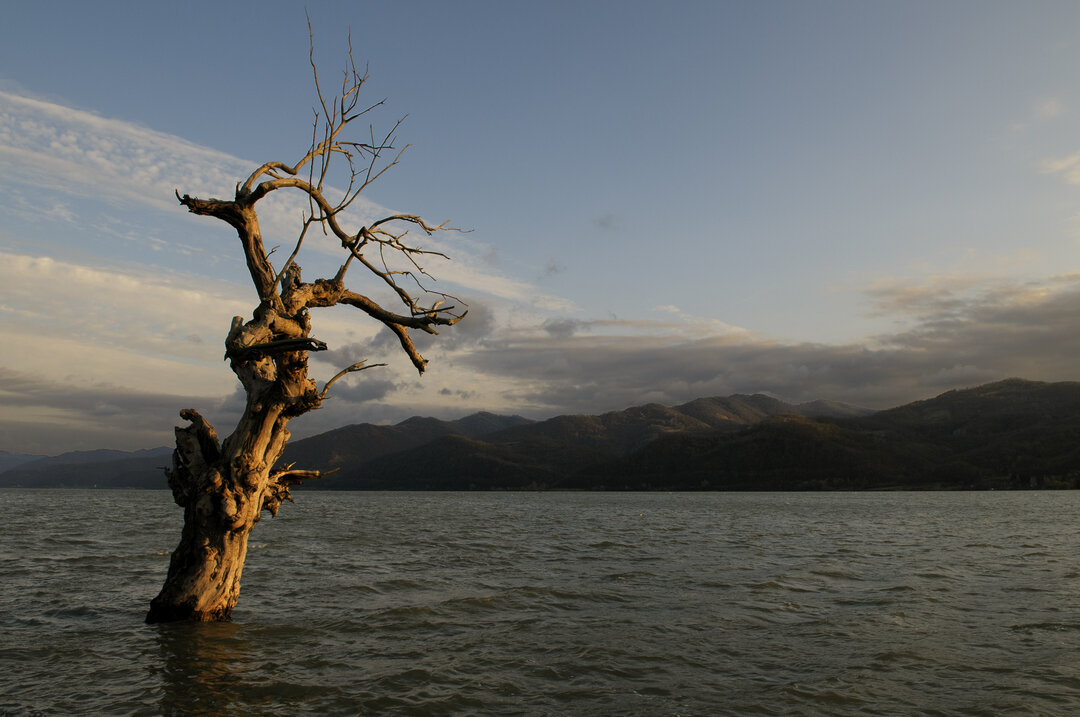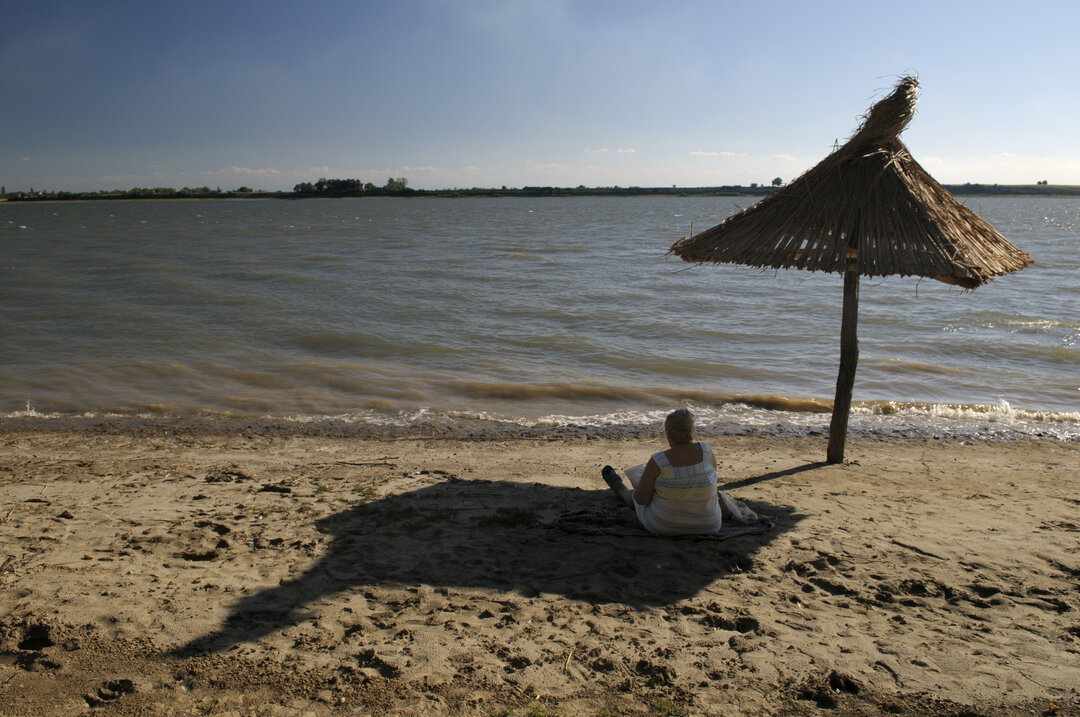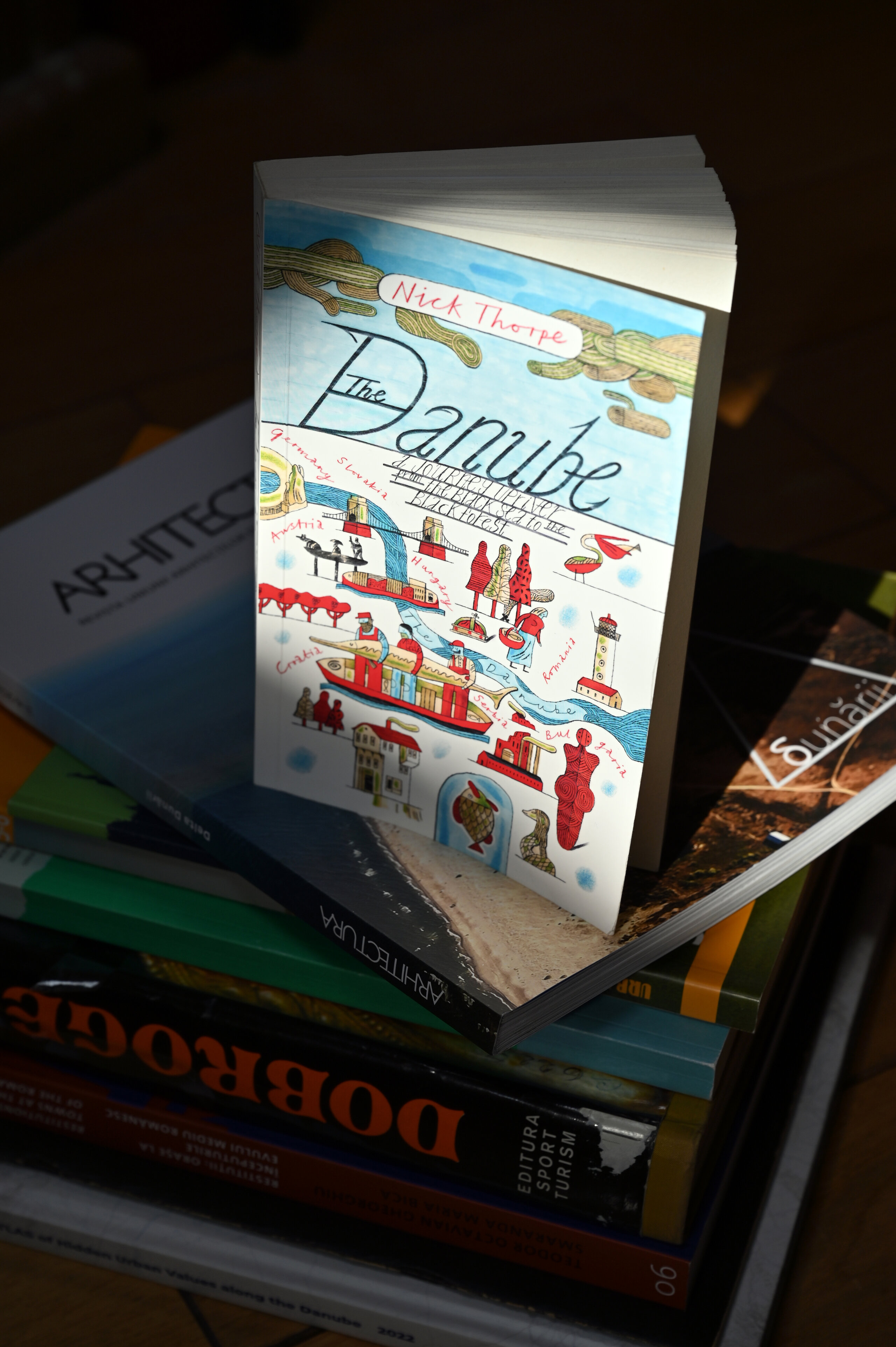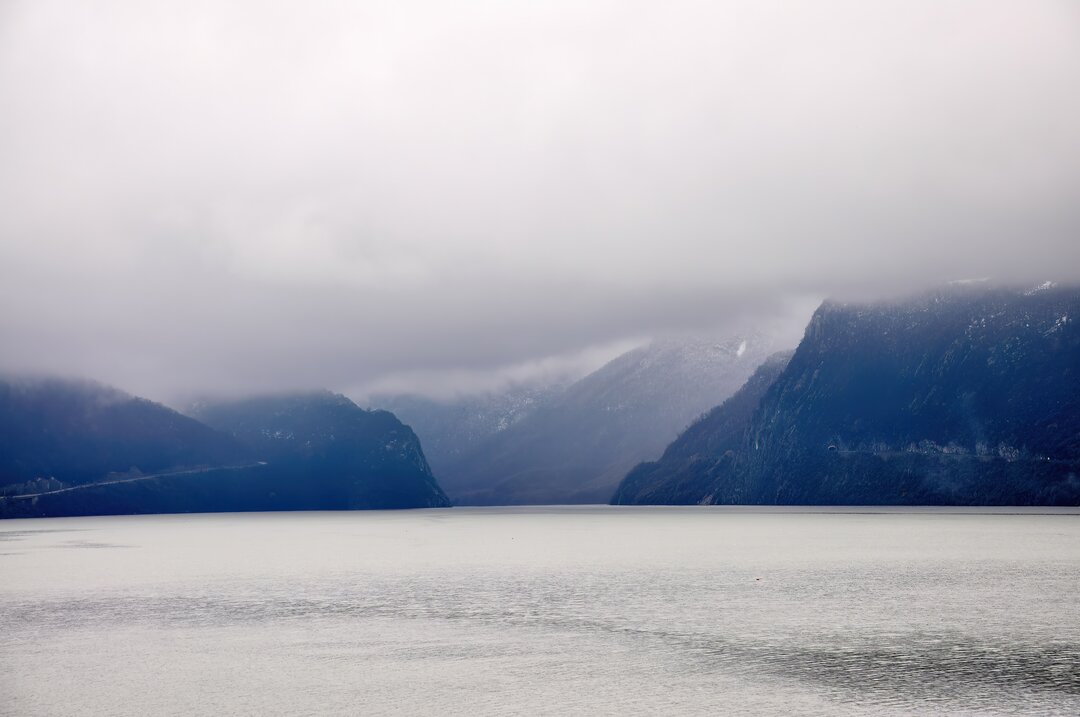
An Englishman on the Danube
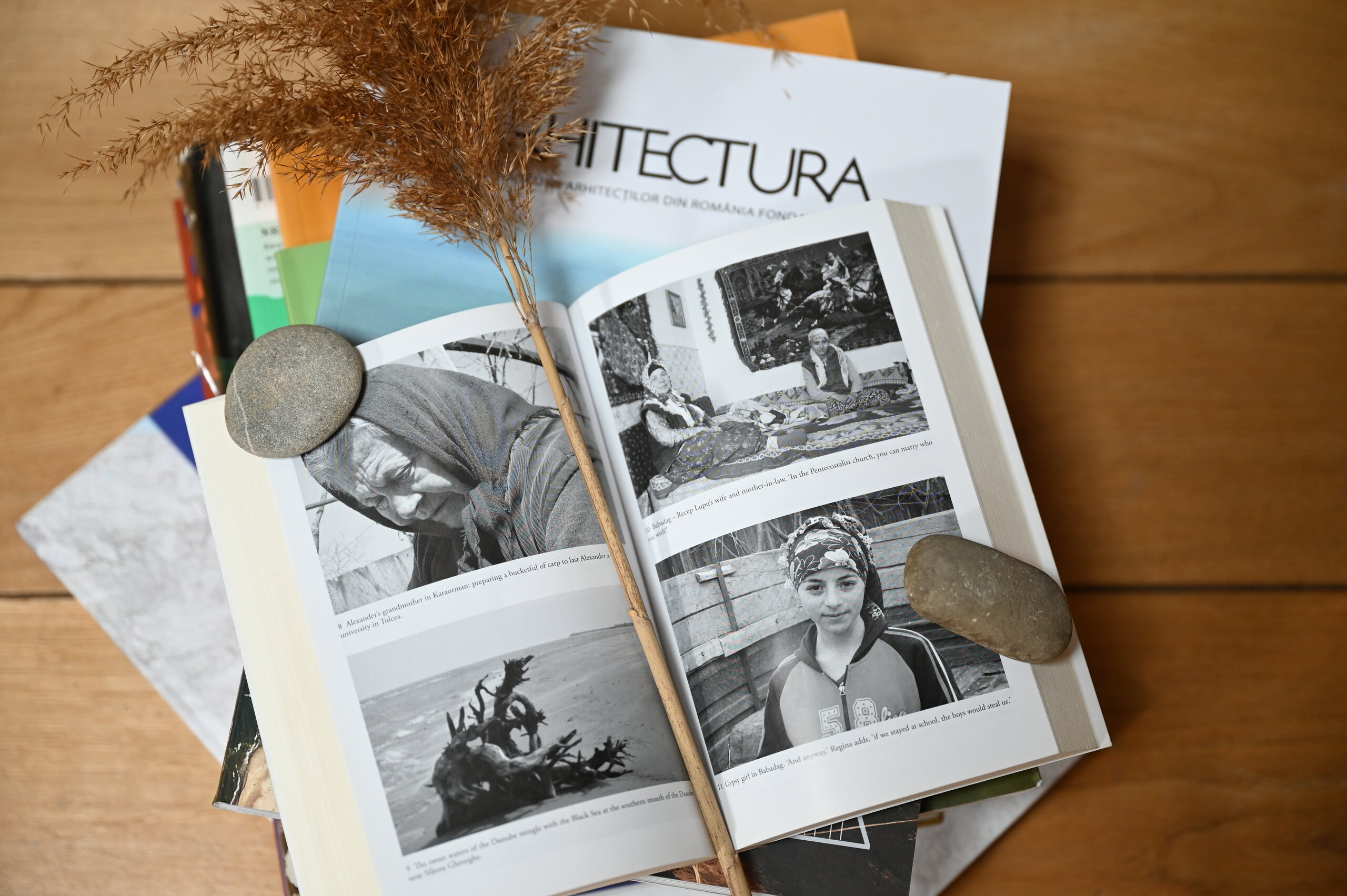
© Andy Arif
Thorpe. Nick Thorpe
Did you know that sturgeon are about two hundred million years older than the river in which they now roam? Did you know what prize the biggest Danube port (at the time) got for not offering a cup of water to a queen? Or perhaps who was the 'Father of the Danube' and what the Sulina and Suez Canal have in common? Well, if you don't know where the "Cappadochia of Romania" is or why dogs bark in Giurgiu, it's time to do as I do - read... Nicu.
Nicu is a full-blooded Englishman. Born in England, as it were. Maybe that's why in the catalog they called him Nick (after his godfather's reading) and Thorpe (after his father, most likely). He has studied a little in Europe, a little in Africa, but he took off his shoes in Budapest, and that was almost four decades ago. In other words, he has had a taste not only of the spicy goulash but also of Hungarian communism. We don't know whether Nick Thorpe, like any self-respecting Westerner, is sold out to Soros or not, but we do know for sure that he eats a good loaf of bread from Her Majesty's Television Service. A permanent correspondent for Central and Eastern Europe for BBC News, BBC World News, BBC World Service, BBC News Channel, plus other committees and commissions, he was the first Western journalist permanently resident in the region. In that capacity he covered Hungary, Romania, Bulgaria and all the countries of the former Yugoslavia. He has made several documentaries, won several awards for them, and written a book about the revolutions that swept communism from our parts, but none of this is why Nick Thorpe deserves our admiration.
More than a decade ago, Nick decided to check out the muddy river that ran past his house. He could have taken the boat, two friends, and a dog, as Mr. Jerome K. Jerome teaches us ordinary Englishmen do. But Mr. Thorpe is no ordinary Englishman, hence his unconventional means of travel (how many people uncorrupted confess to having traveled along a river by ... train, plane, bicycle or skateboard?). Besides, every sane person knows that water doesn't go uphill. Not our Englishman, who decided to go against the tide and take the Danube from the spillway to the source.
A book resulted from this adventure. Neither thin, nor too thick (at about 250 pages, if you take out the maps, pictures, bibliography and other hangars, which are easier to skim over). "The Danube - a journey upstream, from the Black Sea to the Black Forest" would be Romanian, if it had been translated into our mother tongue. All in all, it was written in English, translated into Hungarian, Polish and German, printed by Yale University Press in 2013. A prolific year in Danube matters, by all accounts - "Danube Delta. A Tourist and Fishing Guide", by the undersigned, saw the light of print the same year. But I won't bore you now with the most comprehensive guide to the Delta ever published here. But about a very special journey along the most "international" river in the world and its "diary" full of stories full of interesting anecdotes.
Fairytale journey or travel stories?
Stories about the Danube and its people you may have read before. Radu Anton Roman's "Fishing Days" (a novel originally published in pre-revolutionary times, then republished by Paideia Publishing House, most recently in 2010, if memory serves me correctly) comes to mind. There have also been a few movies, more or less communist in inspiration, with people oppressed by the hardships of living on the riverside. They are stories that have been clouded by the harshness of the times in which they were born, and they err on the side of subjectivism. But Thorpe is first and foremost a journalist. The journalist's job is not to judge, but to present the facts, the people and the setting as objectively as possible.
The Englishman doesn't condemn the lipovean with whom he high-fived to take a boat out on the ghiol and who left him the next day with a swollen lip, drunk as a turd. And neither the Romanian who got rich from electric fishing, with mansions built on foundations of black roe, today a popular politician, with his ear always open to the troubles of those around him. Still less the gypsy who, by stealing piece by piece the iron from the old factory on the bank, has succeeded where rust and carelessness would not have been victorious for half a century. While we would probably have generalized - the lipo is a drunkard, the Romanian a liar, the gypsy a thief and so on - Thorpe does not stick labels on the entire population from which his characters come. All the more so because his characters are not an invention, ghosts of the imagination, but pure reality. They are flesh and blood, with names and surnames as on their ID cards. Pieces of a jigsaw puzzle that we would have put together differently, precisely because we live here every day and cannot look around us detached, through objective English eyes.
Selected stories from the Danube collected
For Thorpe, the journey along the Danube is just a pretext. A pretext to examine the whole territory that the river crosses, dividing civilizations but uniting destinies. So in his book we find stories of towns geographically far from the river but historically closely linked to it - Histria or Babadag, for example. There are, after all, no less than ten countries through which the Danube flows and, however you turn them upside down, they are all too dissimilar. Borders don't matter, they fade away because people have always found ways to cross them. Dobrogea is the best proof - perhaps nowhere along the Danube have civilizations mingled like on this small piece of land between the Danube and the sea. So in Thorpe's book you can read stories of Dacians and Romans, Turks and Tatars, Romanians and Gypsies, Russians (Lipovans) and Ukrainians (Haholi), Greeks old and new (Pericles' descendants were still the majority in some riverside towns - Sulina, for example - until about a century and a half ago).
This book is definitely not about the river, but about people. But people cannot be cut off from the places where they live, by which they are shaped and transformed, often irreversibly. Now, don't imagine that Nicu is some Vlahuță rafting down the Thames, sighing with a gentle sigh in front of the first more acrid landscape. The cauldrons of the Danube in "The Voyage..." are a different picture from those in Picturesque Romania. For Thorpe, the Danube is not just landscape, but history. And, thank goodness, the history of these places stretches back through the mists of time to the time of the fleas shod with 99 goose on one foot, when the people of Hamangia or Vinca were still fishing for sturgeon in the cataracts of the Danube. It was a period unknown to many of our patriotically patriotic fellows, but about which Thorpe the Stranger has thoroughly documented.
The Old River and the New Man
History leaves traces. And if the traces of old are now washed away, windswept or submerged in dust, the scars of recent times are still visible all along the river. You will learn interesting details about ultra-safe atomic power stations and others on the brink of explosion, megalomaniac canals cut in stone with the blood of political prisoners, dams, concrete embankments and dykes designed to tame the great river but doomed to permanently mar its beauty.
Naturally, as a Western journalist living behind the Iron Curtain, the author has a quiver full of stories from the communist period. A short period, historically speaking, but intensely mutilating, for the river and the people of its kingdom alike! Nick Thorpe doesn't cast spells predicting eclipses like the Yankee at King Arthur's court. Instead he gives us a "different" perspective on things we have come to take for granted, habits we have been forced to adopt on our way to a multilaterally developed society. It would have been good to give the country as much electricity as possible for the lathes and factories. But will our children's children's children one day smell of coffee with the aroma of poplar and willow buds, as they once did in the lanes of Ada Kaleh?
Finis coronat opus
I thought I told you that Mr. Thorpe is English. His book, therefore, is full of fine humor, delivered in small but constant portions. Here's an example of English humor, grafted chugubriously onto our own native Dacian-Romanian-Slavic-Turkish language.
The village of Ghindărești lazes in the sunshine on the muddy banks of the Danube. It is pure-bloodedly Romanian by name and totally Russian according to the latest censuses. Older hrisoave mention it as Ghizdărești, probably also Romanian in resonance. When it was resting under the Turkish wing, its name was Guizdarkioi (pronounced "ghizdarchioi"). From here on, things are unclear, hence the English dilemma. Does his name come from the Turkish noun for 'knee', as linguists claim? From the dizdar (commander) in chief over the soldiers, as historians claim? Or, Nick Thorpe dixit, from the word in the sweet Moldavian dialect so tenderly used to refer to the multi-humped organ in the undisputed dominion of Eve's descendants?
The examples could go on and on, if all good things did not, alas, come to an end. In this case, what begins black ends tar. Because the Danube in the Black Forest is born in the Black Forest, reaches the Black Forest (Cara-orman in Turkish), and then flows into the Black Sea. Thorpe's journey ends in the shadow of the statue of Mutter Baar holding the infant named Danube (Baar is the county neighboring the Black Forest Mountains, a stone's throw from Sigmaringen, to which Romania is forever indebted). Which is exactly where the Blue Danube's almost 2,900-kilometer adventure begins.
Drop by drop a river is born, as the old saying goes. From the small stone fountain that symbolically marks its source, the humble drop of water rushes down the path beaten for thousands of years towards our part of the world. No longer alone, powerless, insignificant. It is joined by more and more hundreds to give birth together to the proud river. And so Thorpe's characters come together. Story after story, people join together to create nations. The Danube gives them a fruitful home. It quells their hunger. It quenches their thirst. And at least one of them has been a guardian for centuries. Let us love and respect it as such!
Enjoy your reading!

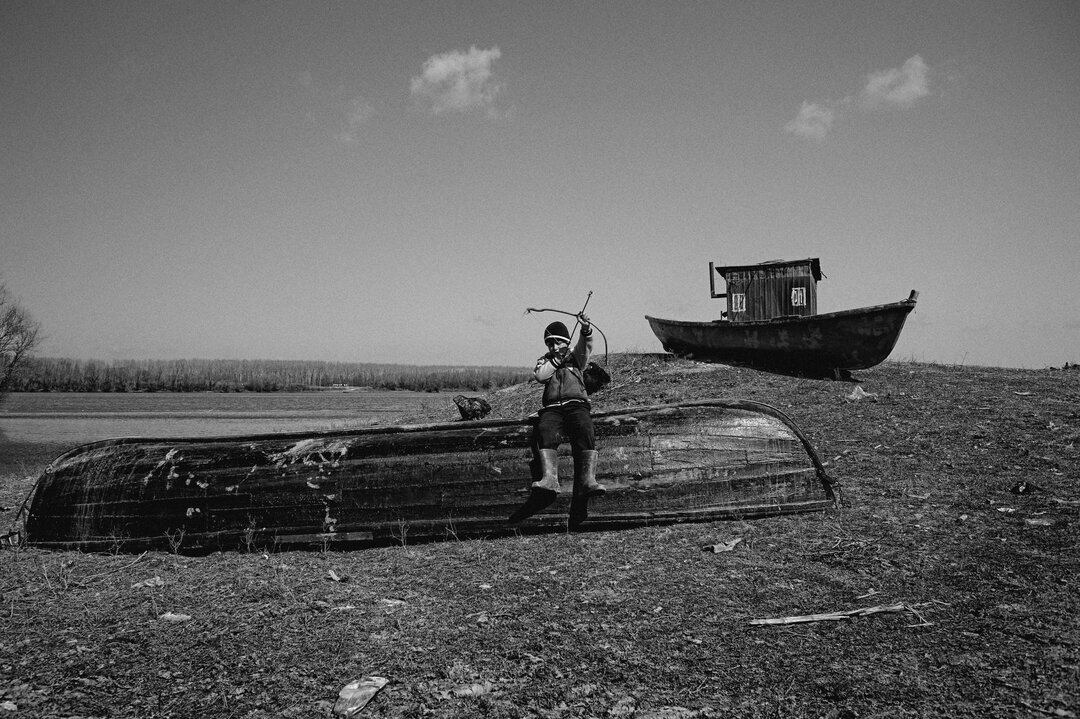
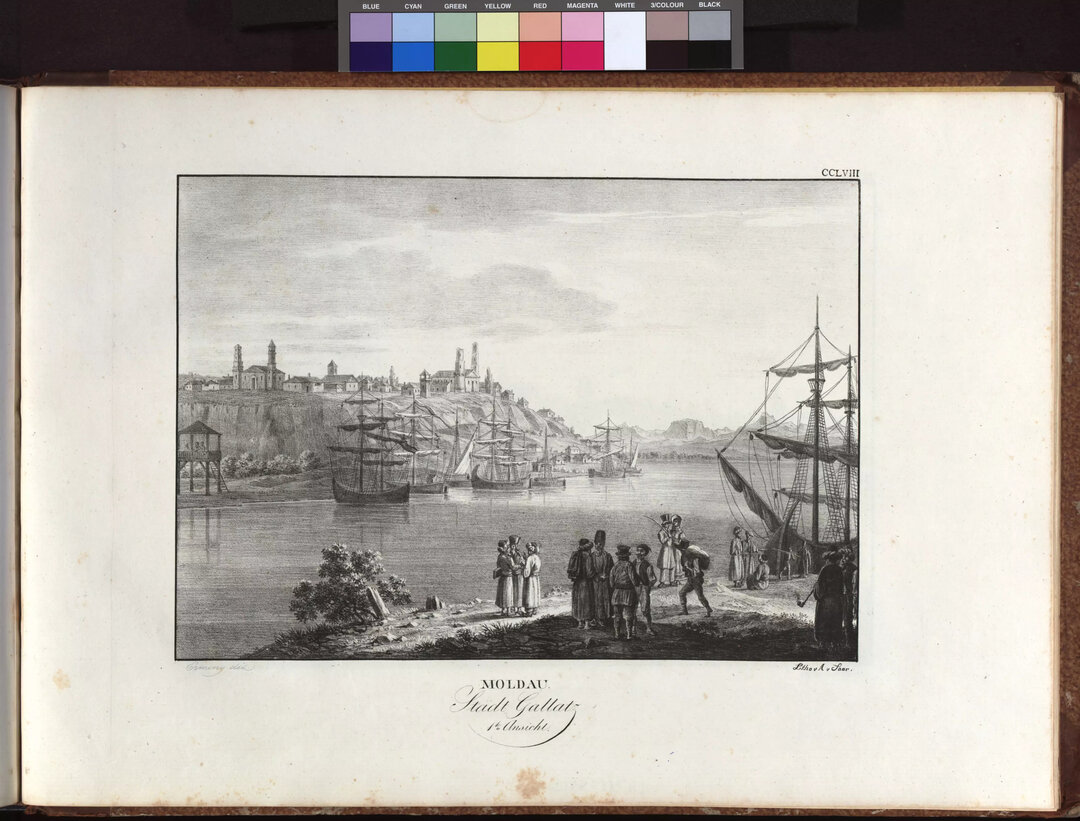
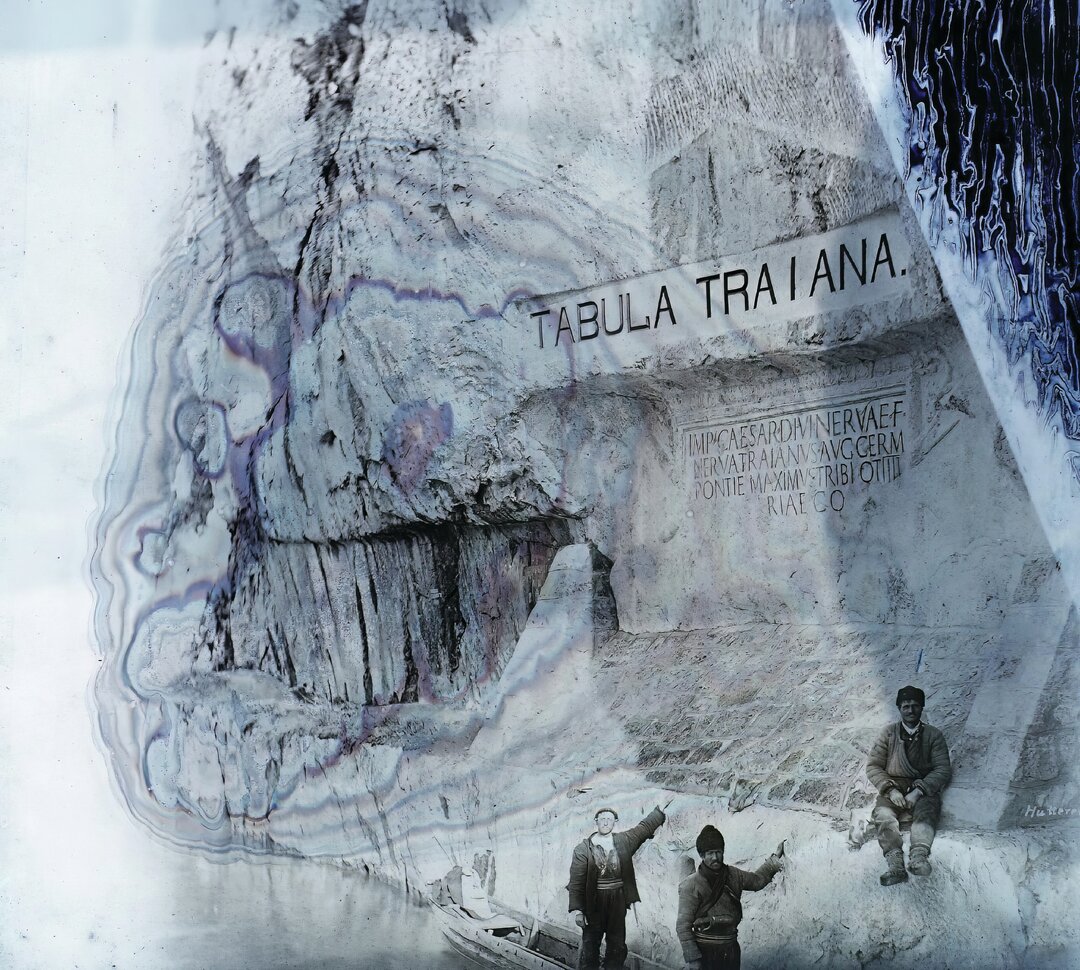
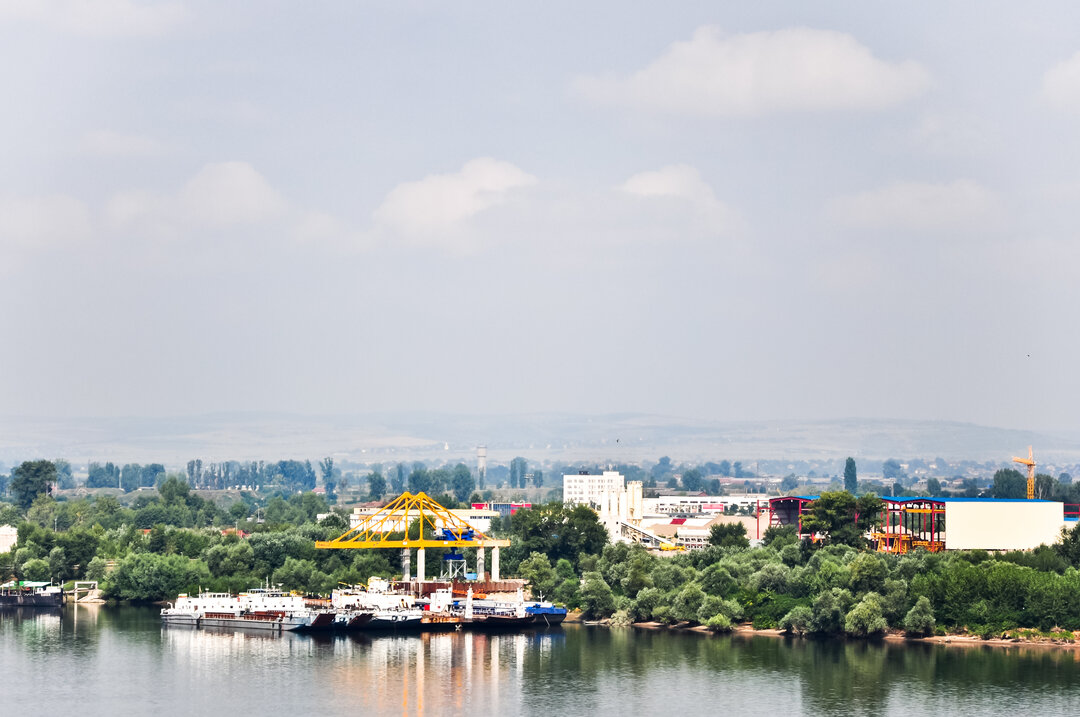
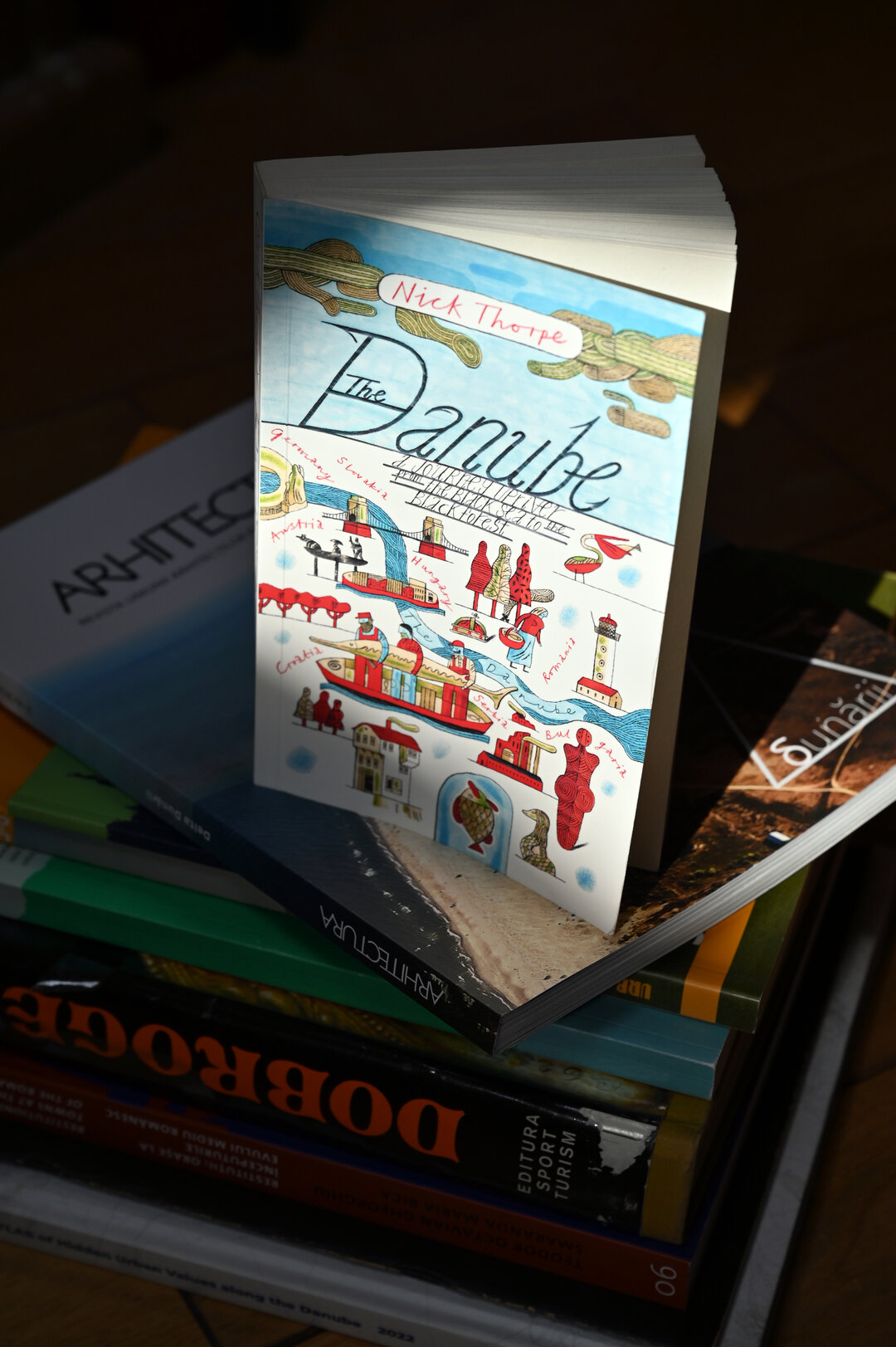
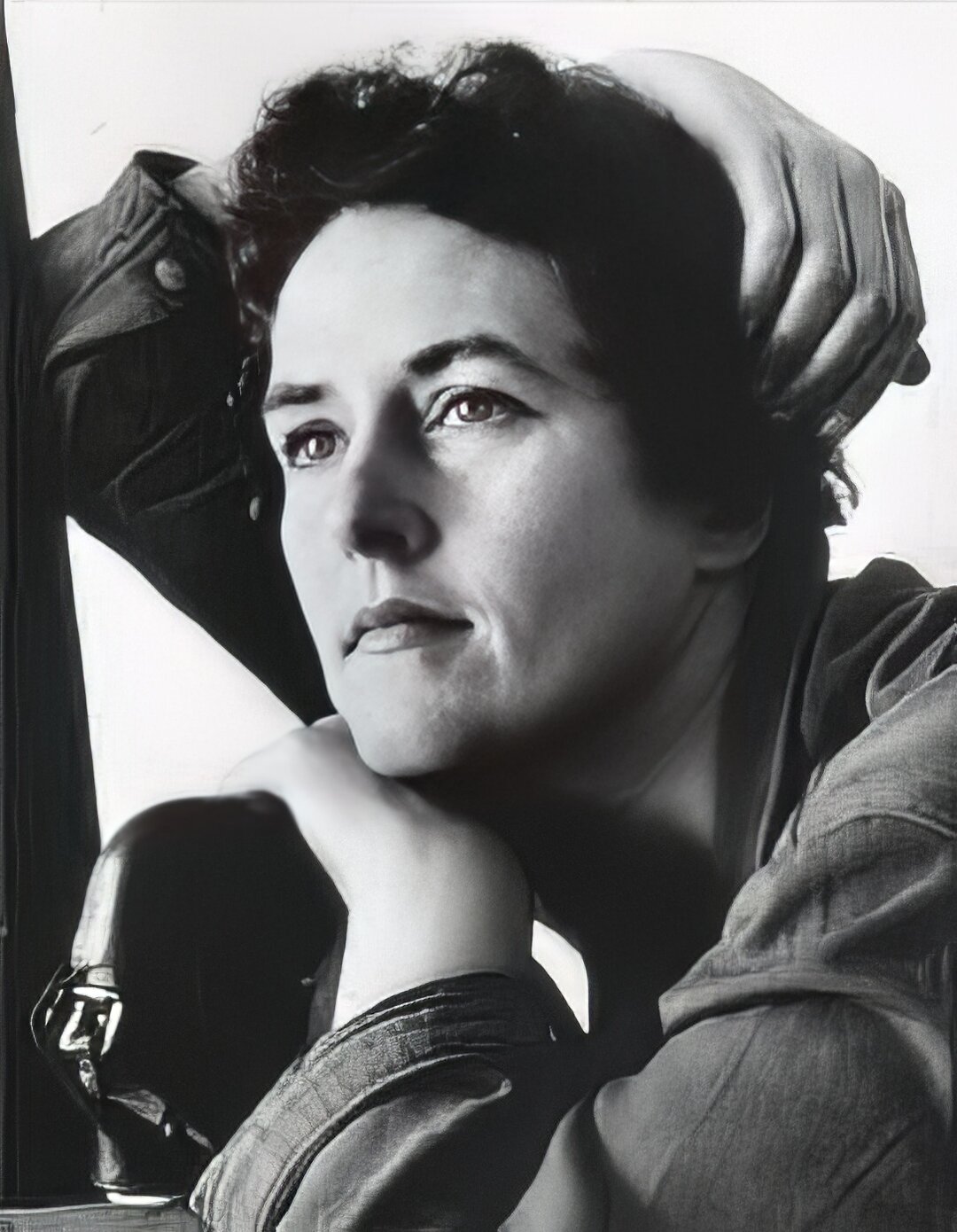
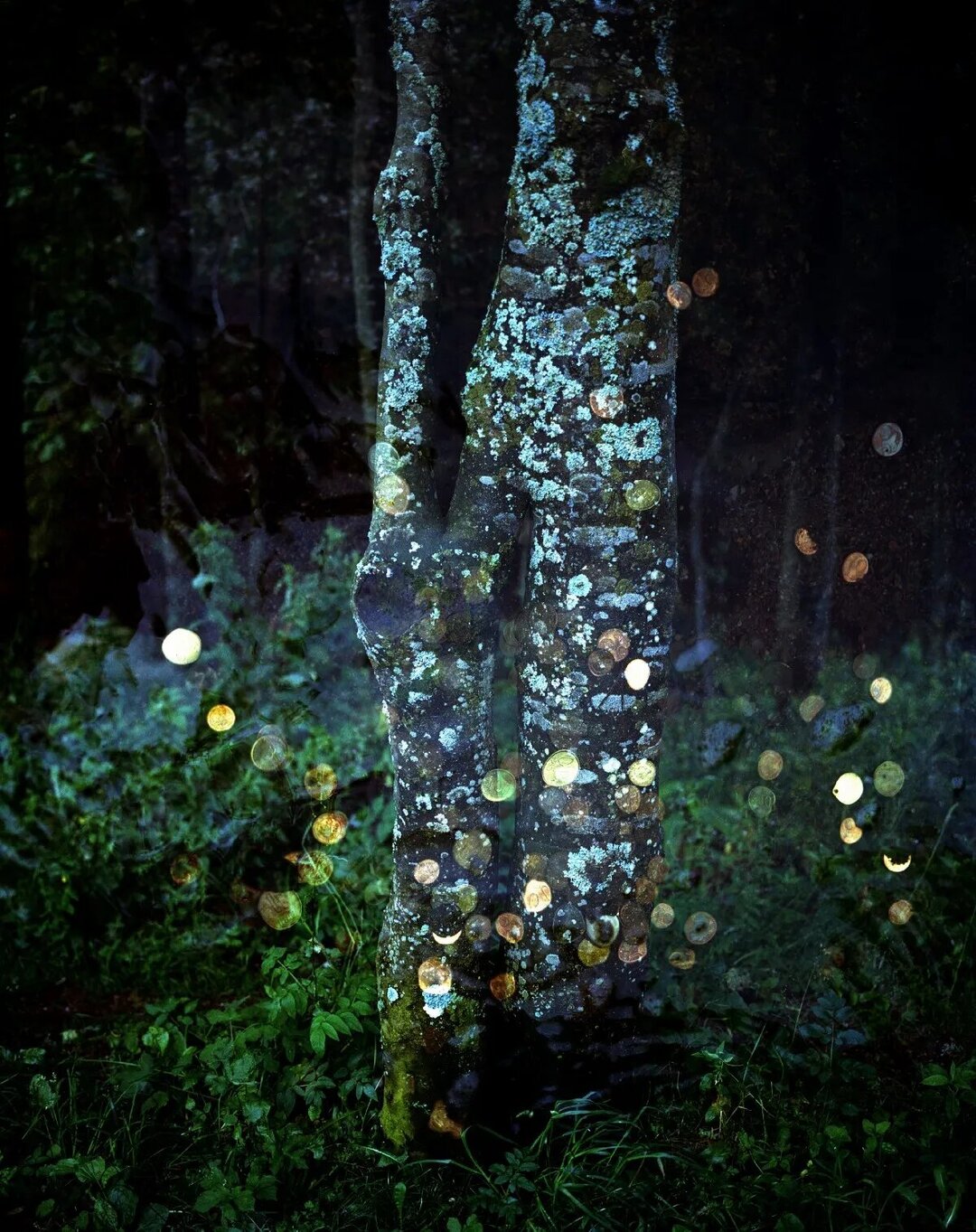
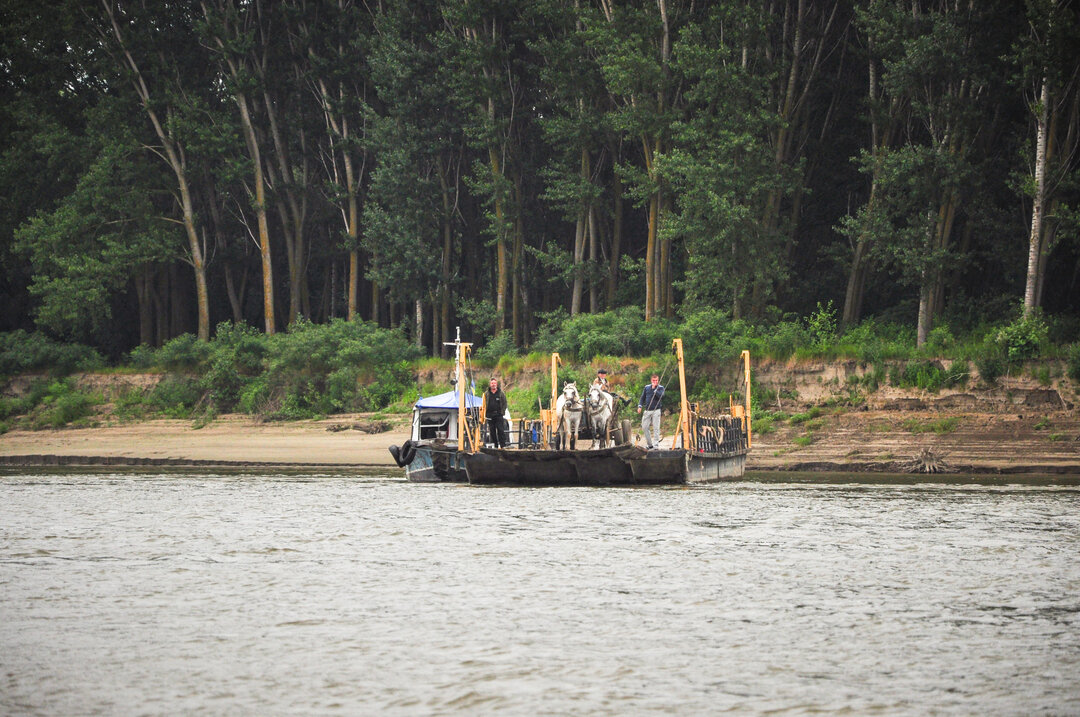
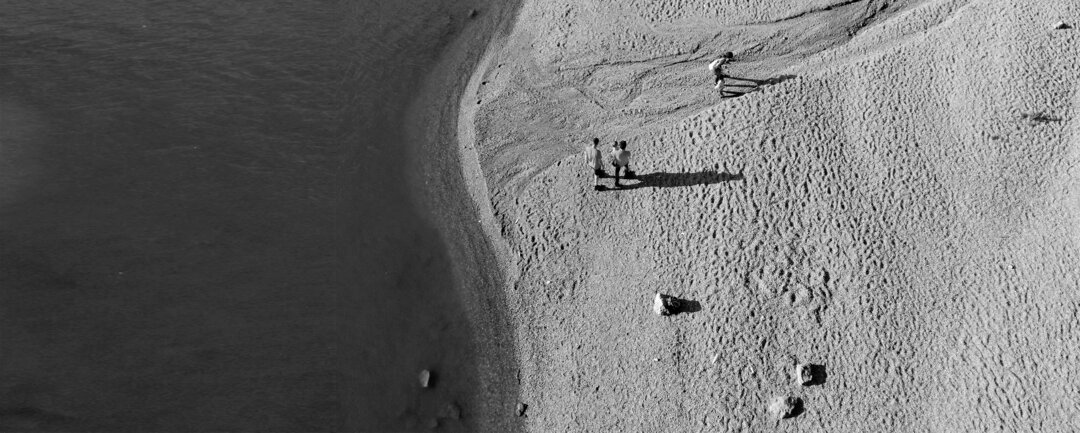
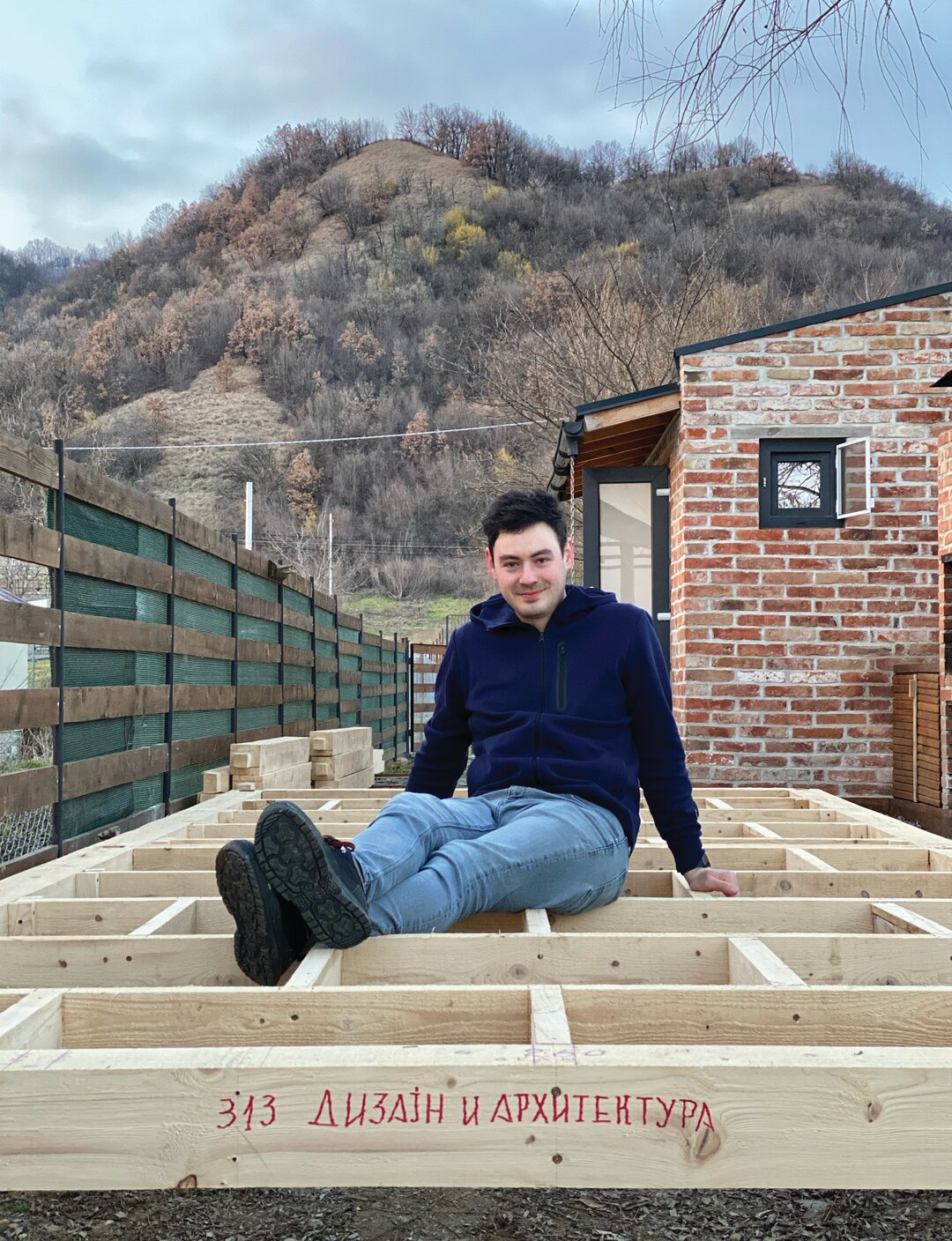

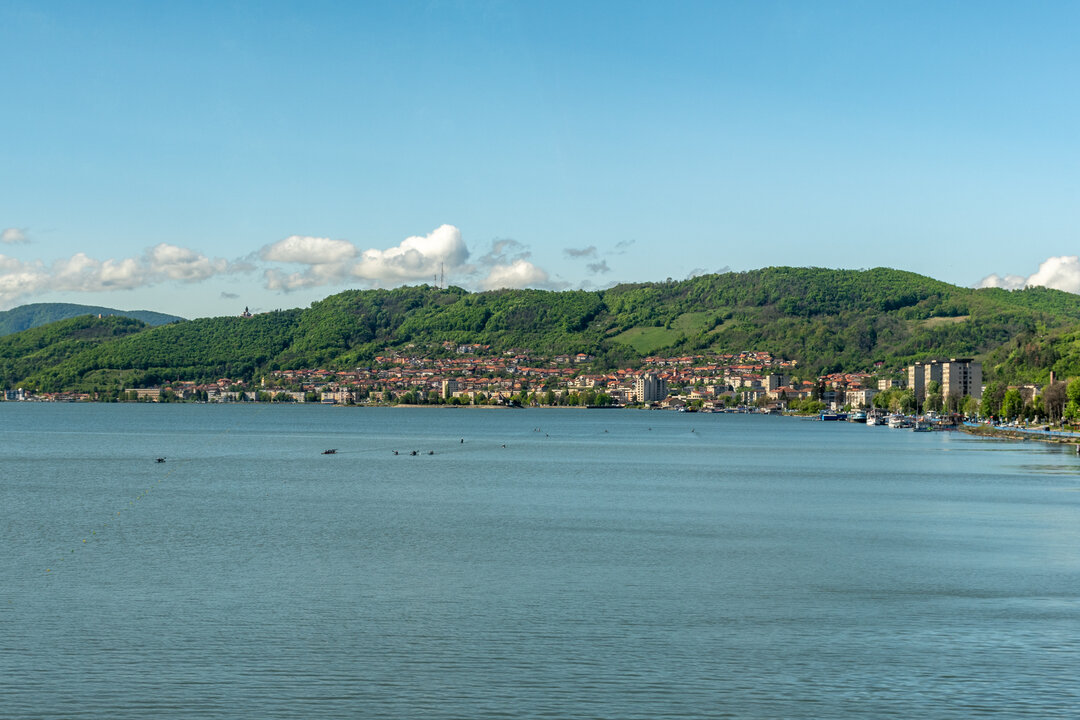
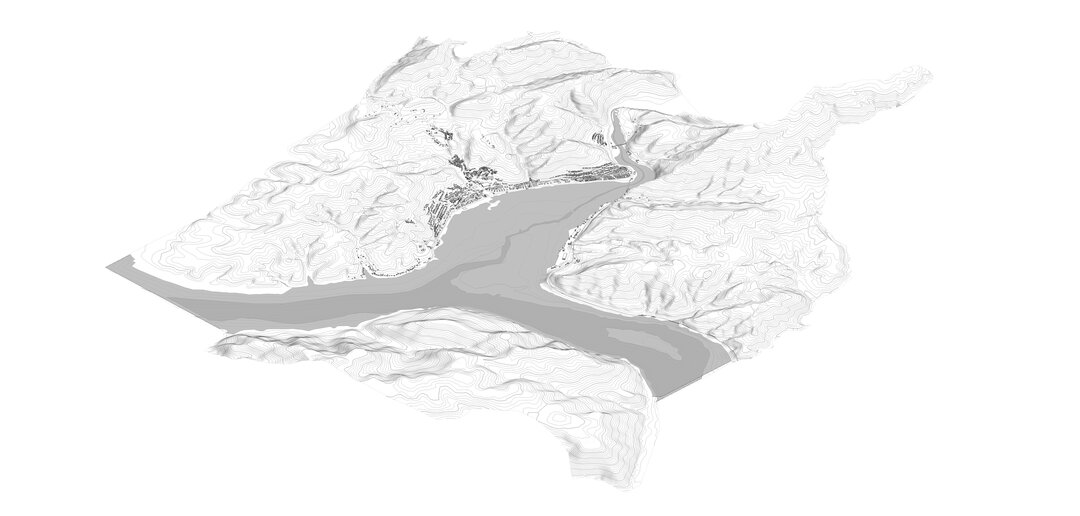
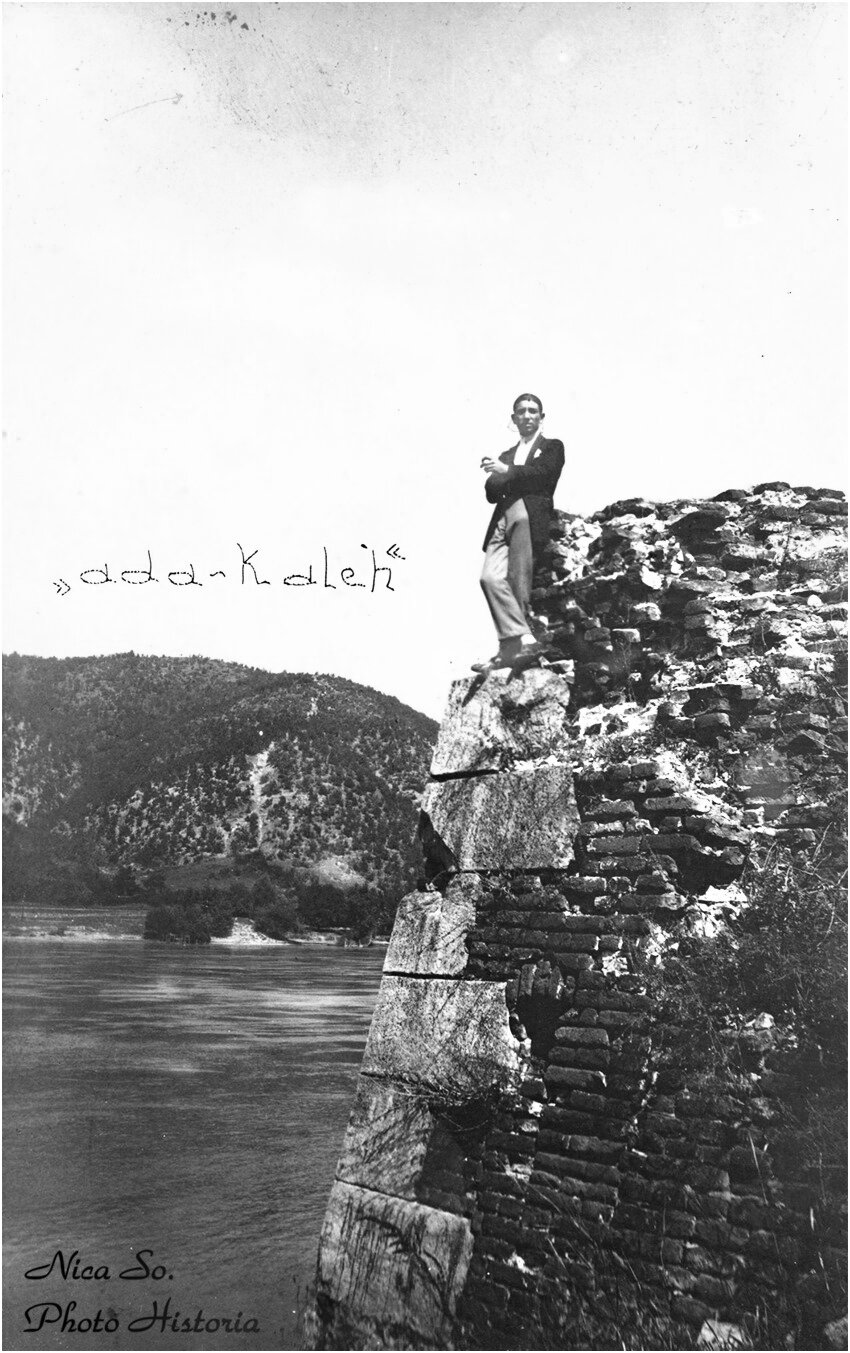
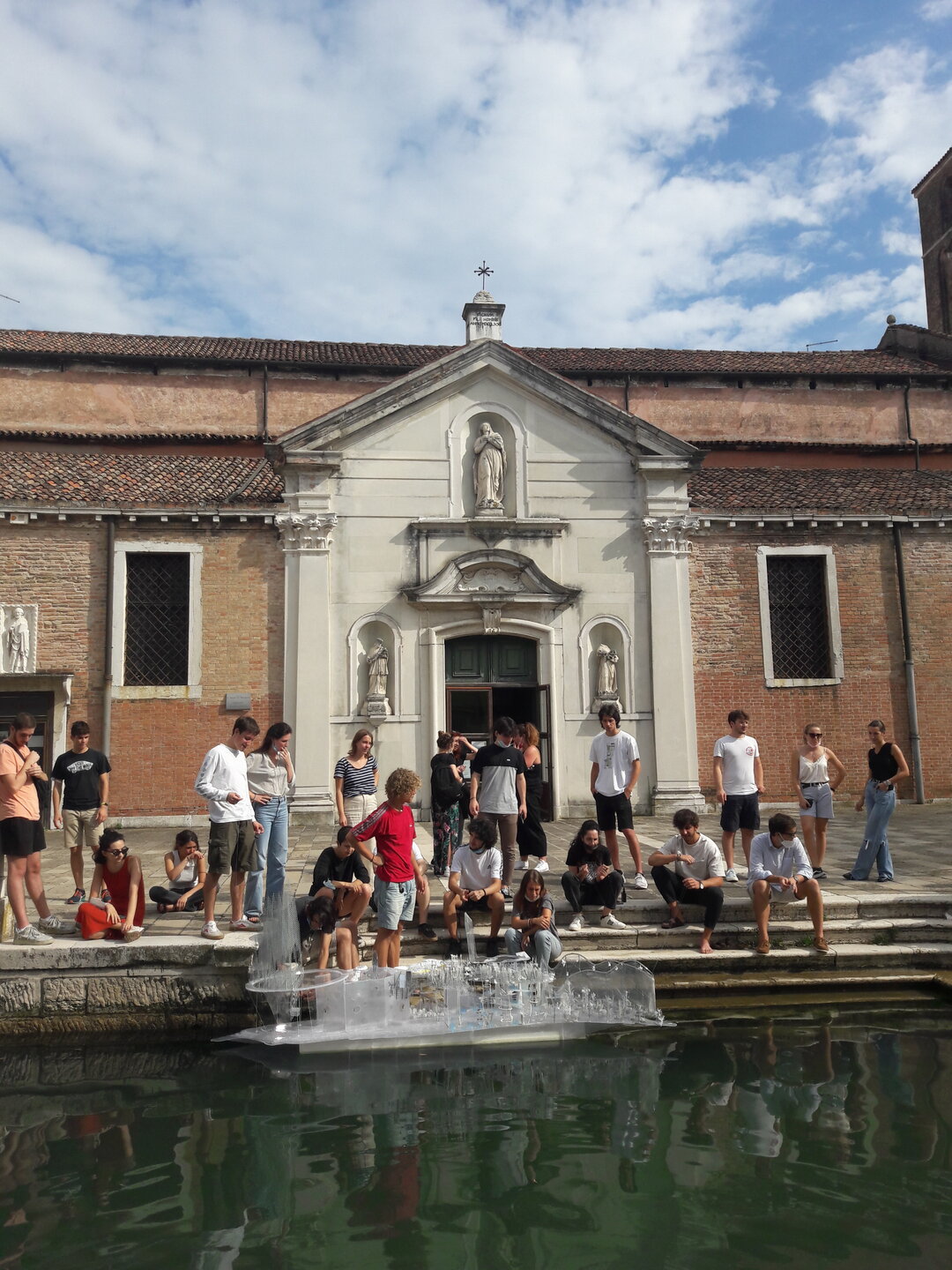
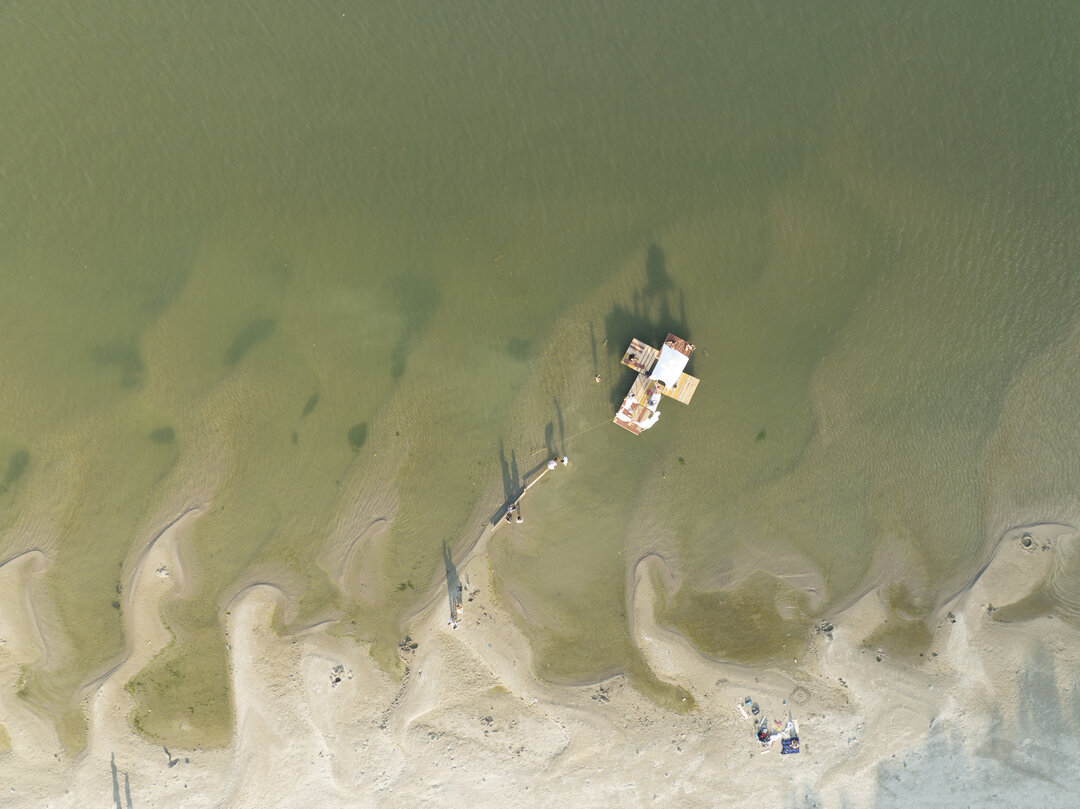
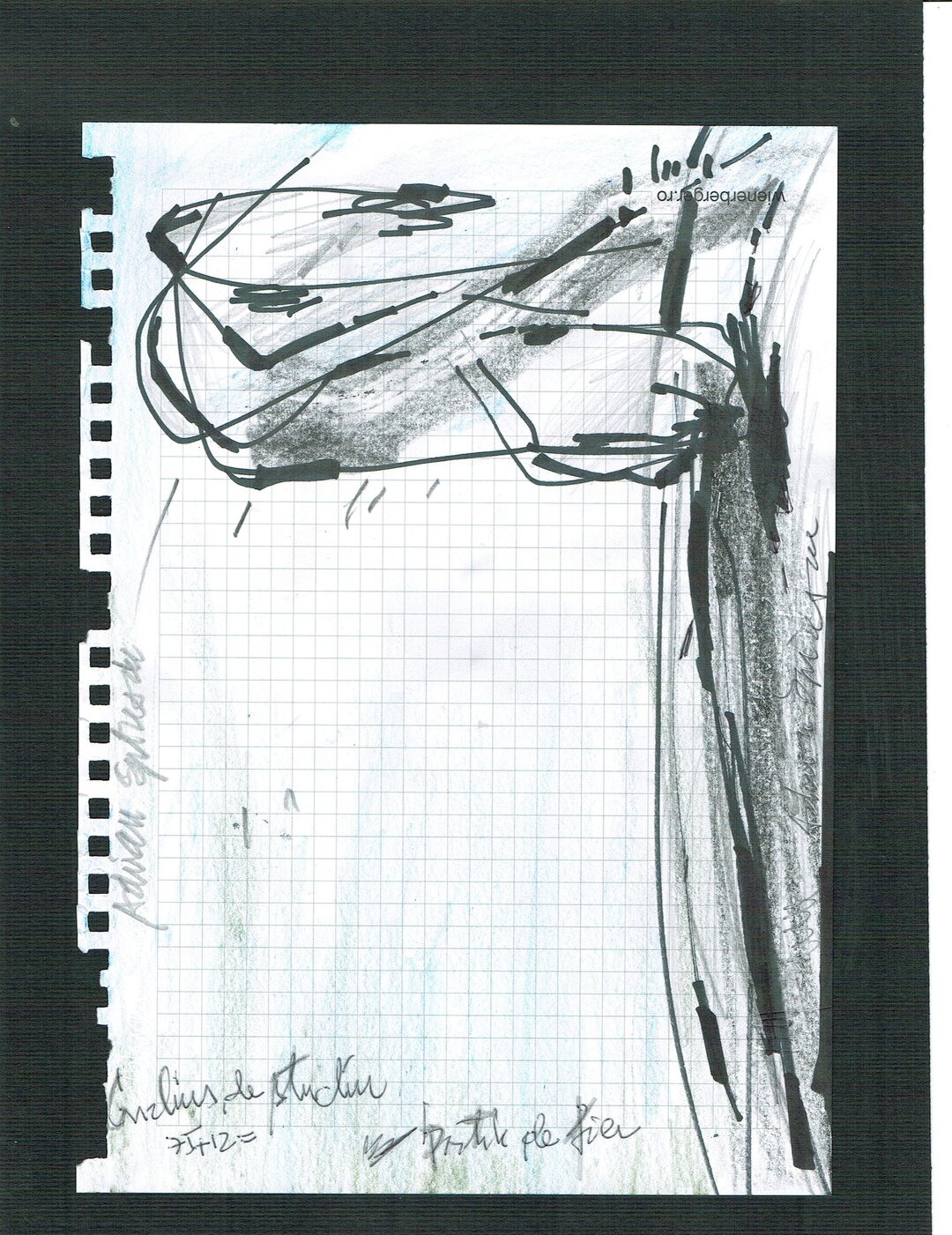
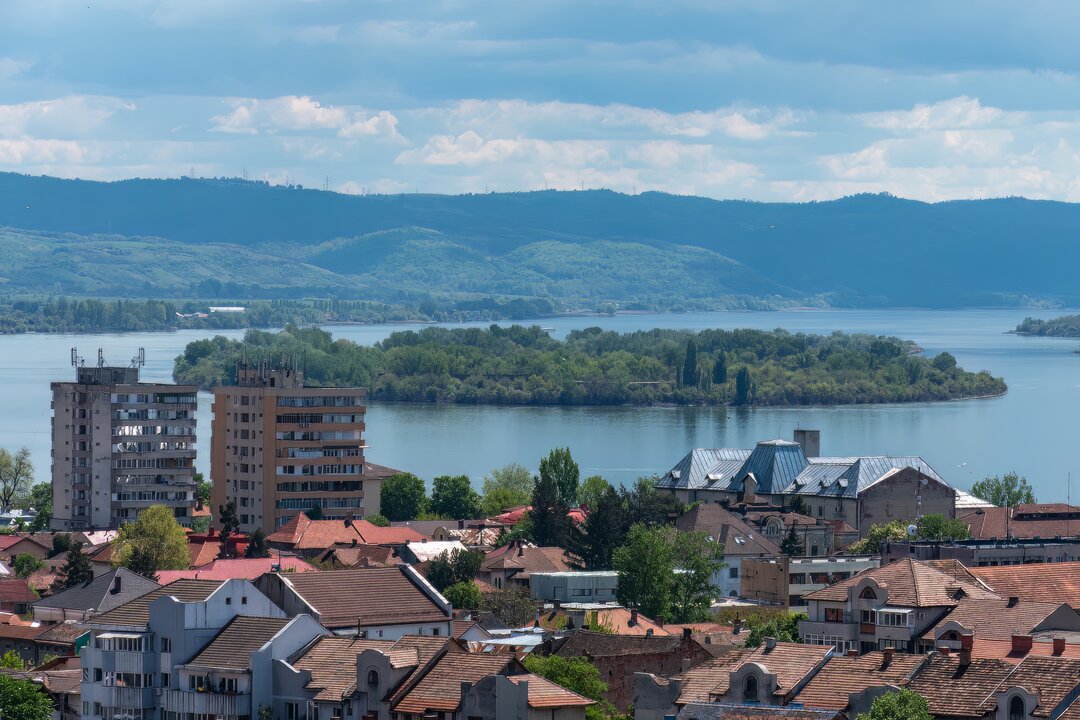
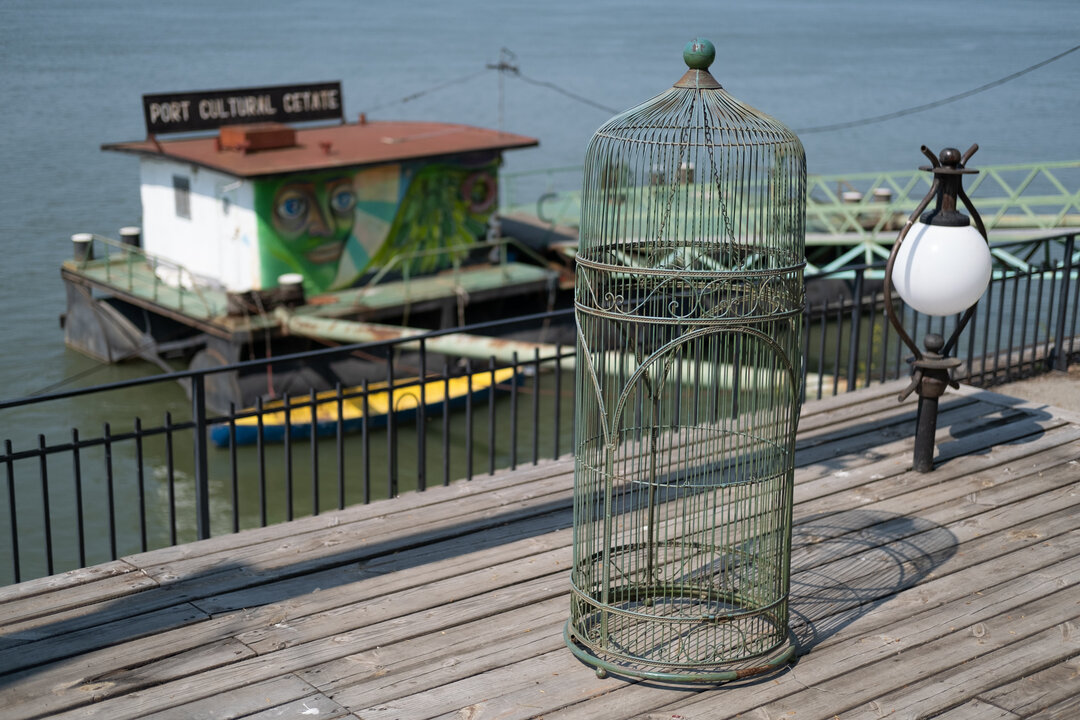
-topaz-denoise-enhance-sharpen--15883-m.jpg)
